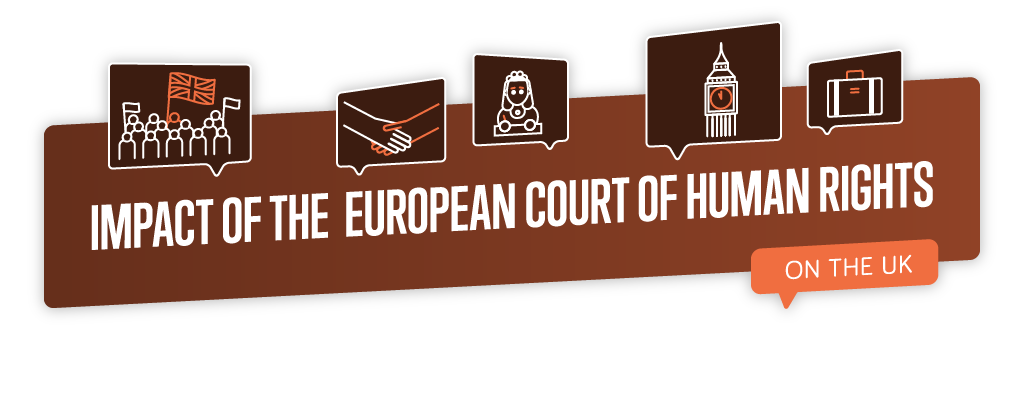
On 13 November 2012, Shaun Docherty was convicted of wounding
with intent. On 20 December 2012, he was sentenced to ‘imprisonment for public
protection’ (IPP), even though the Government had, from 3 December 2012,
abolished IPP sentences for some people…
Jargon buster – ‘convicted’, ‘sentenced’ and ‘IPP’
If someone is ‘convicted‘ of a crime, it means they have
pleaded or been found guilty of that crime. A ‘sentence‘ is the
punishment someone gets after they have been convicted.
Sentences of Imprisonment for Public Protection
(IPP) were designed
to ensure that offenders (whose crimes did not
warrant a life sentence) could be kept in prison for as long as they presented
a risk to society. A sentencing judge would impose a ‘tariff’ – a minimum
time the person had to serve before they could be considered by the Parole
Board for release.
IPP sentences came under heavy
criticism. Less serious offenders were given very short tariffs but kept in
prison long after their tariffs expired. The prison system could not give
IPP prisoners access to rehabilitative resources so that they could
demonstrate they were no longer a risk to society. IPP sentences also
contributed to prison overcrowding.
In 2012, the Coalition Government decided
to abolish IPP sentences. This was accomplished through the Legal Aid,
Sentencing and Punishment of Offenders Act 2012 (LASPO). The dates are
important here – for offenders convicted of a crime on or after 3 December
2012, courts were no longer able to impose IPP sentences. But
importantly, prisoners already convicted could still be sentenced to
IPP. There would be a ‘phased introduction’ of a new preventive detention
scheme. But Mr. Docherty, having been convicted before 3 December 2012 (in
November 2012), could still be sentenced to IPP, and was so sentenced on
20 December 2012.
Mr. Docherty went to the UK Supreme Court, arguing that his
IPP sentence infringed his rights under Article 7
of the European Convention on Human Rights.
How does this affect human rights?
Article 7
of the European Convention on Human Rights (ECHR) covers a few things – for
example, that no one should be found guilty of something that was not
a crime at the time they did it, even if it later becomes a crime (no
retrospective criminalisation), and, if someone does commit a crime, they
should not be given a heavier penalty than the one which was applicable at the
time they committed the crime (no retrospective harsher punishment).
The European Court of Human Rights has said (in a case called
Scoppola v Italy (Number 2))
that Article
7 ECHR “guarantees not only the… non-retrospectiveness of more stringent
criminal laws but also retrospectiveness of more lenient criminal law”. This
means that, where a more lenient sentencing law is later enacted, a court
should apply the more lenient law even if it did not exist at the time the
person committed the offence.
A general principle of general international law, known
as ‘lex mitior’, is also relevant here. It says that when there is a change of
law before the final judgment in a criminal case, the law most favourable to
the person being prosecuted, convicted or sentenced shall apply (Article
24(2) of the Rome Statute of the International Criminal Court).
Mr. Docherty argued that his IPP sentence was incompatible
with Article 7 ECHR (particularly the principle of retrospectiveness of more
lenient criminal law, as interpreted by the European Court of Human Rights) and
the international law principle of ‘lex mitior’, since there was a new,
more lenient sentencing scheme available under LASPO.
The Supreme Court’s Decision
The Supreme Court did not accept Mr. Docherty’s
argument. It said that the phased introduction of the new sentencing
scheme was legitimate, and that Mr. Docherty’s claim was an attempt to
‘anticipate’ the change.
It was incorrect to say that the law – in Mr. Docherty’s
case – had ‘changed’; the law had only changed (become more lenient) for those
convicted after 3 December 2012, but not for those convicted before. The
law prevailing at the time Mr. Docherty was sentenced said that IPP could be
imposed against those convicted before 3 December 2012, meaning that ‘lex
mitior’ had not been infringed.
The Supreme Court also looked at the European Court of Human
Rights’ decision in Scoppola.
The European Court had said that the principle of retrospectiveness
of the more lenient criminal law was embodied within ‘lex mitior’ – the rule
that, where there were differences between the criminal law at the time of the
offence and subsequent criminal laws enacted before a final judgment was given,
the court had to apply the law most favourable to the person accused or convicted.
The Supreme Court said that this ‘extended rule’ appeared not
to be within the rationale for ‘lex mitior’ and would have ‘unwarranted
consequences’. The Supreme Court concluded that the European Court’s extended
concept of the principle ‘should, with great respect, not be applied’.
Infographic: The European Court Of Human Rights Uncovered.

Most in the dock
Which countries have the most cases getting a full judgment?

Top of the class
The countries winning the highest proportion of cases that get to a final judgment

Bottom of the class
The countries winning the lowest proportion of cases that get to a final judgment

Highest and Lowest
Which countries have had the highest and fewest human rights violations relative to their population?

The price of protection
How much does the European Court Cost?

Not a bad deal
How much do we really spend protecting our rights?
IMPACT OF THE EUROPEAN COURT OF HUMAN RIGHTS ON THE UK


Is UK Ok?
How often does the european court rule against the uk?

All the people
The people winning human rights cases against the uk

All kinds of cases
The UKs european court of human rights violations by rightsinfo category


No comments:
Post a Comment
comment
Note: only a member of this blog may post a comment.